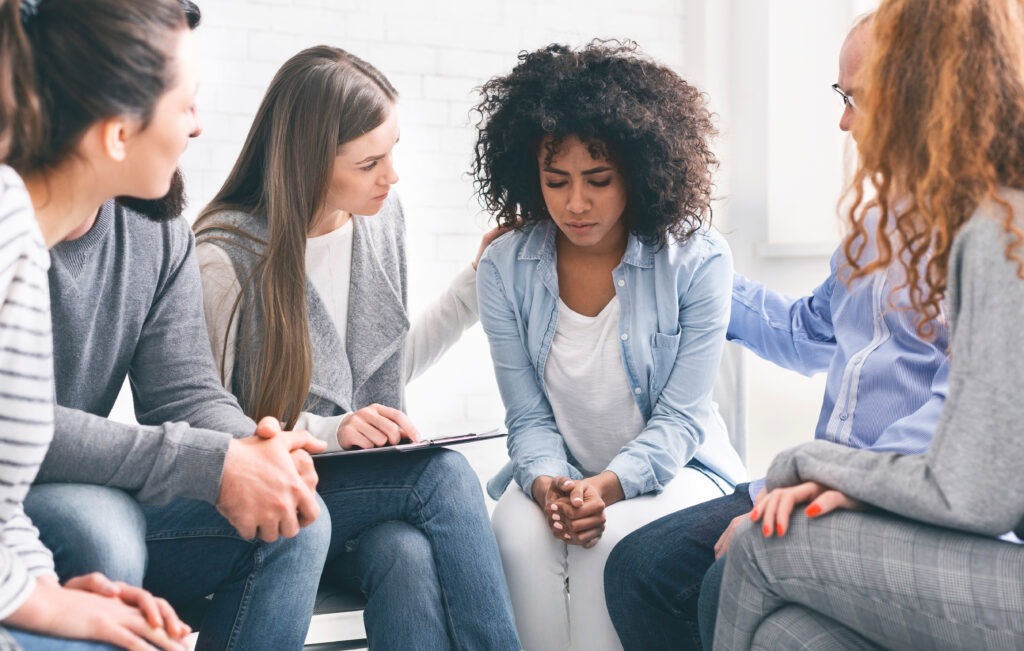Recovery is a highly challenging process, and often individuals struggle to determine what it really means to relapse. Unfortunately, relapse is common for individuals in recovery and frequently occurs for individuals working and learning to maintain their sobriety.
Through California Centers for Recovery, individuals can learn to achieve and maintain sobriety through our comprehensive addiction treatment programs designed with the client in mind.
If you need help now, contact California Centers for Recovery.
What does relapse on drugs mean?
A drug relapse refers to an individual’s return to negative thoughts and behaviors related to drugs. Two of the three stages of relapse revolve around the mental aspect of relapse and recovery. An individual who experiences any stage of relapse requires additional therapeutic measures to support their mental and physical health.
Signs of a Drug Relapse
There are several signs of a drug relapse that people can be aware of and look out for in themselves and in their loved ones. Individuals go through several stages of relapse, so it is possible to identify someone in the early stages of relapse and get them help before they ever begin using again. The stages of relapse are emotional relapse, mental relapse, and physical lapse or relapse.
When an individual experiences an emotional relapse, they begin to shut down. If you are wondering whether or not this is you, think about whether or not you’ve shared at a meeting recently or done something “self-care” like to boost your own mental health. Are you still proud of the steps you’ve taken? If you didn’t answer positively to all of these statements, you might be experiencing an emotional relapse. If you think this is the case, it is time to reach out to your sponsor or therapist.
When identifying an emotional relapse in a loved one, you may notice them being more withdrawn, small changes in personal hygiene, mood, or personality, and even changes in interactions. When an individual in recovery has a negative experience and does not properly implement their coping response or is ineffective, there is a greater likelihood of lapse or relapse based on their reaction to the negativity.
You may also be able to notice a mental relapse in another person. Someone who is in recovery but has evolved to the mental relapse stage may begin lying, bargaining, looking for ways to access drugs, planning better “use methods,” or even planning to use. In this stage, an individual is most vulnerable because they could access the substance and choose not to use it.
If you are battling with yourself about using again, focusing on people, places, or things related to your use, or glorifying your previous use, in addition to the things mentioned above, you need to seek out your sponsor or therapist immediately.
A physical lapse or relapse is when a person in recovery actively uses drugs. A lapse may be a one- or few-time thing, but a relapse is returning to previous use. In this stage, you may notice that you or your loved one are experiencing extreme bouts of guilt or depression related to use. A lapse or even a relapse is not the end of recovery. In fact, substance use relapse has a 40-60% relapse rate, and the average person relapses five times in their attempt to get and stay sober.
How to Help Someone Who Has Relapsed
If you or your loved one has relapsed, there are several essential things you can do to support them. An individual experiencing a relapse needs support and treatment.
An individual who is experiencing a relapse, especially for the first time, may experience extreme feelings of guilt and depression at the halt or loss of their progress. These negative feelings can lead to an increased urge to use. This person needs your support. This does not mean that you forego the boundaries you have set, but you can show your support in other ways. By researching appropriate treatment or other mental health assistance, you are showing your loved ones that you are proud of the work they put in and are willing to help them continue working on sobriety.
The second necessary thing for a person in relapse is treatment. The negative thoughts can be challenged and altered early if an individual has a lapse and gets treatment immediately.
California Centers for Recovery
At CCR, we are ready to help individuals who are looking for that change in their lifestyle. Sobriety never looked so good in SoCal. Our individualized treatment programs are designed based on the client’s individual needs. With their valuable input, clients can access holistic treatments designed to support their mental, emotional, and physical wellbeing.
If you’re ready to make a change, call California Centers for Recovery today.











